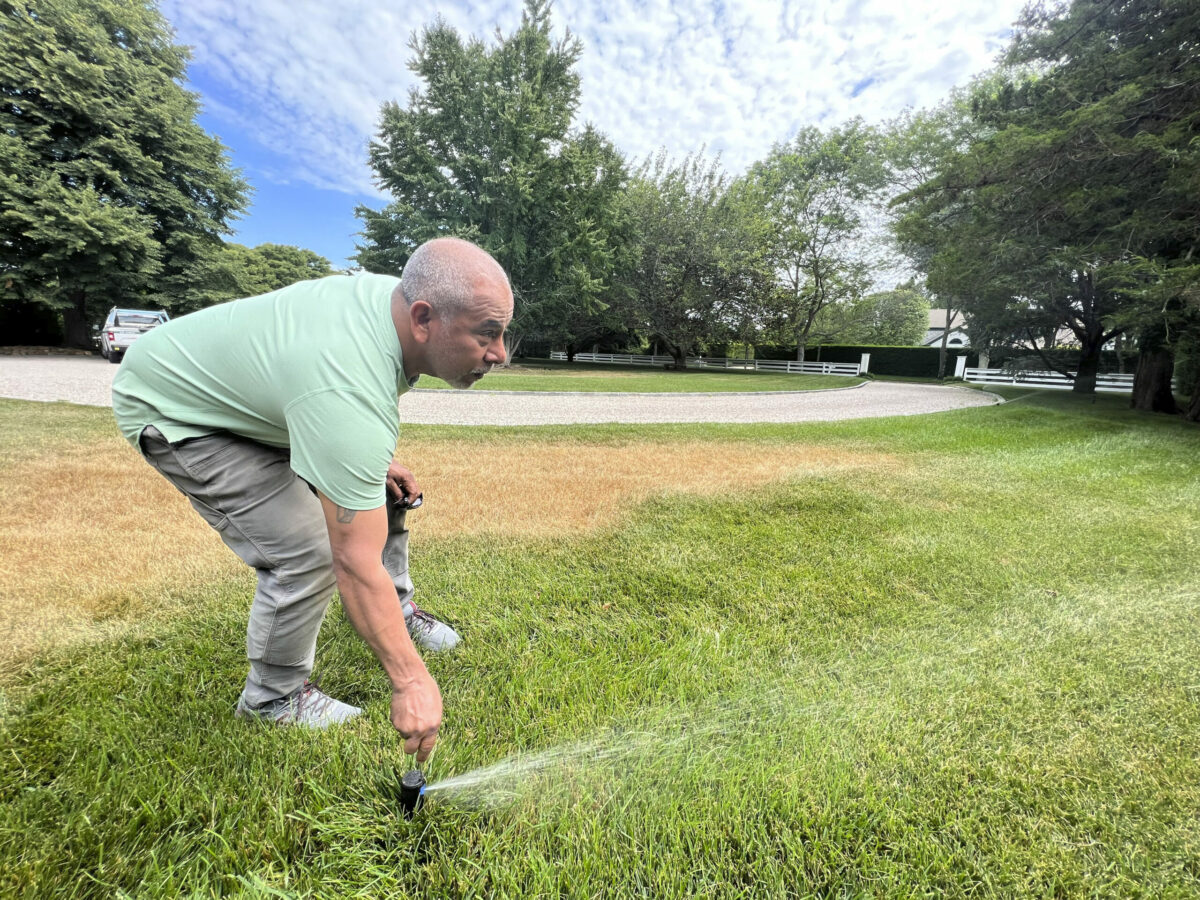
The Long Island Commission for Aquifer Protection, a bi-county organization formed to address issues facing Long Island’s sole-source aquifer system, has launched a multifaceted messaging campaign to encourage water conservation this summer.
Through the expansion of LICAP’s Our Water, Our Lives campaign, the organization aims to enlist the help of residents in protecting Long Island’s only source of water and relieve the stresses drinking water infrastructure faces when trying to keep up with demand.
“We all share our amazing aquifer that provides our bountiful and precious supply of water,” LICAP Chairman Jason Belle said in a statement. “We also share a responsibility to protect it. Slight changes to irrigation schedules and other simple habit changes to watering will make the difference when it comes to protecting our continued use of our most precious natural resource and improve the sustainability of our only water source for our communities.”
Making small adjustments to irrigation practices has substantial results that keep money in the pockets of residents, improve lawn health and maintain public safety and Long Island’s water supply and infrastructure, according to LICAP. Overwatering encourages shallow root development and makes lawns susceptible to burning, while shortened irrigation cycles keep lawns healthy. In addition to enhancing lawns, these cycle changes reduce the cost of water bills.
LICAP emphasizes that overuse of irrigation systems puts fire protection at risk as a result of limiting water availability and pressure.
LICAP advises all Long Islanders to follow an odd/even water schedule, which means even-numbered homes water on even days and odd-numbered homes water on odd days. Residents with automatic irrigation timers are also encouraged to switch to a smart irrigation timer, which uses Wi-Fi to tap into local weather stations to provide a lawn with the appropriate amount of water based on past, present and future weather conditions.
With irrigation systems being the overwhelming user of water during peak summer months, residents are also encouraged to reduce an irrigation system’s watering per zone by five minutes. Additionally, irrigation systems should be checked for leaks and broken sprinkler heads to prevent unknowingly wasting thousands of gallons of water each month.
“Conserving serves to keep costs low, maintain our water supply and reduce the stress on our infrastructure,” Belle said. “Water is our most precious natural resource and certainly one that every person who calls Long Island home should fight to protect.”
To learn more about LICAP’s water conservation campaign, visit ourwaterourlives.com.